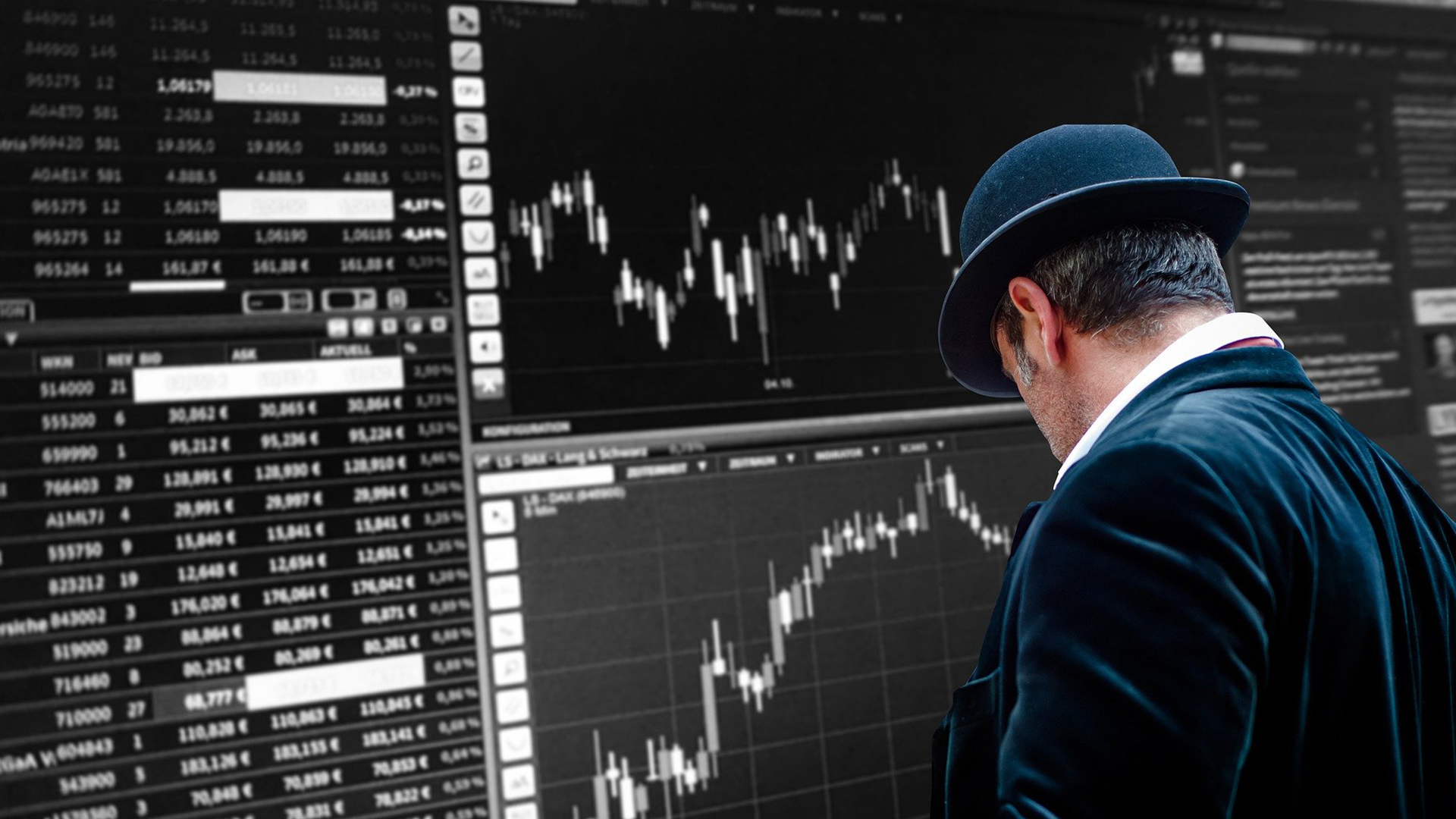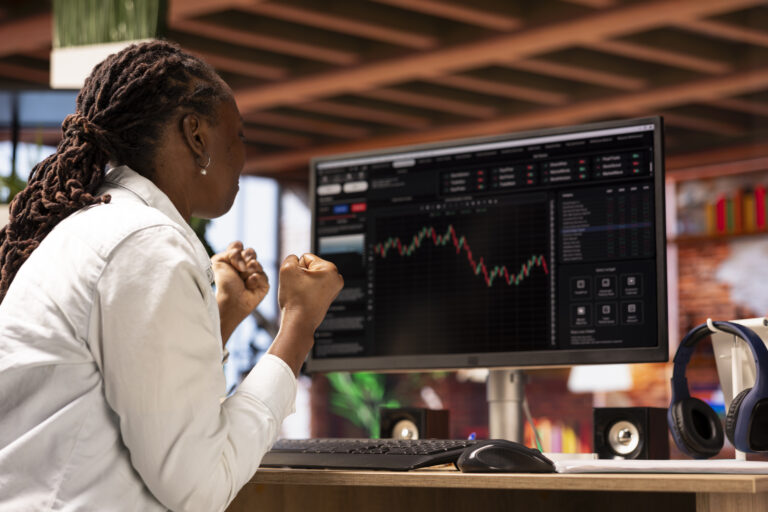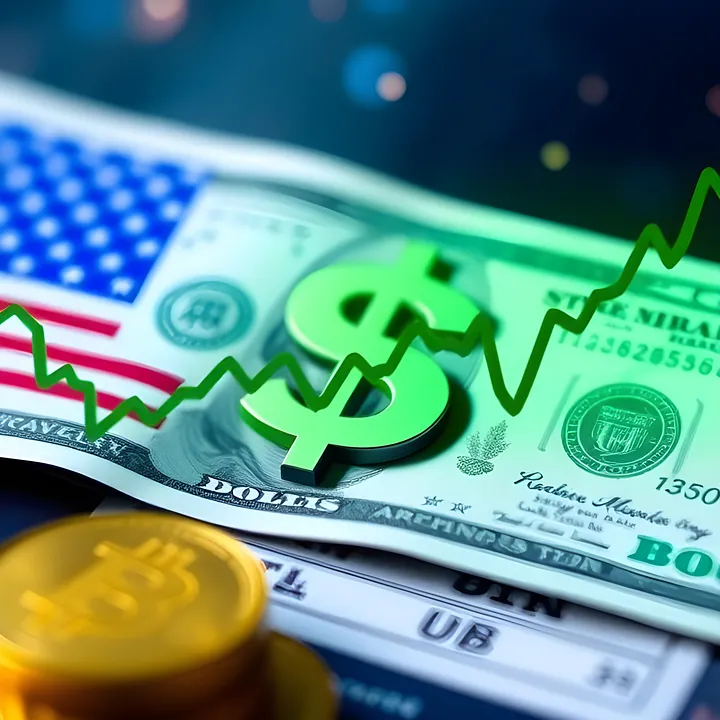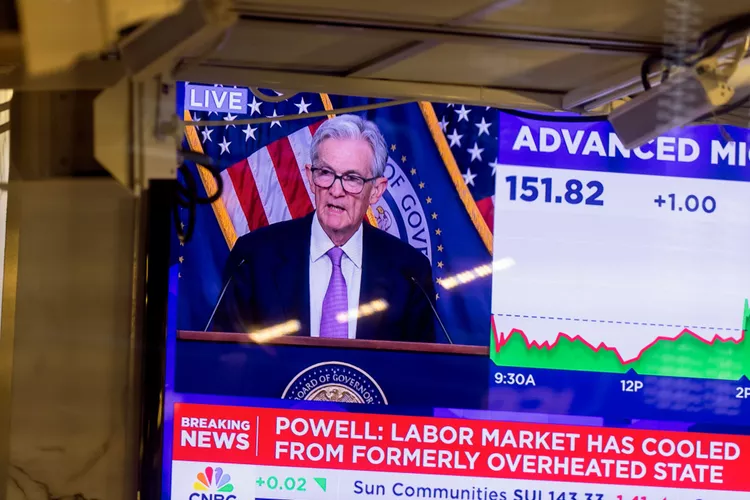Liquidity Provider
A Forex Liquidity provider refers to an individual or a corporate entity that provides services of being a buyer and a seller of exchange rates in various currencies traded in the Forex Market. The range of movements of currencies in the Forex Market is quite small, usually in the order of 1/10,000ths of a point.
Therefore, a large amount of money is required to be able to buy or sell currencies. In the case of the Forex Market, the role of liquidity providers is to put in place conditions that ensure the stability of prices of currency pairs by taking buy or sell positions in these currencies, from where these positions can be sold off to other lesser trading entities such as market maker brokers.
Liquidity Providers Tiers
Tier 1
who are at the apex of the food chain. These usually offer pricing to the market makers brokers, who in turn offer some markup pricing to retail clients using the pricing from the liquidity providers as the benchmark.
Tier 2
Operate at the level of the inter-bank Forex market. They function strictly as market makers that provide pricing to retail clients using a dealing desk. Market makers by definition is a company which is ready to sell or buy and asset at a publicly quoted price on a regular and continuous basis. In this manner, market makers enhance the architecture of the Forex market in terms of trade executions, ensuring that there is always a buyer or seller to fulfill the trade orders of the retail clients at any point in time.
How do market makers make money?
They make their money from the compensation they receive from the price differential between the bid prices and ask price of a currency pair. This is known as the spread, and is taken from the accounts of the retail traders as soon as the trade orders are executed. By acting as counter parties, they also receive profits from losing trades in the market. Hahah… your loss is their gain.
Retail traders typically trade forex with a few hundred or a few thousands of units of one currency or another. This is not enough to maintain the desired liquidity in the forex market. This is where the role of the market makers is highlighted. Their operations in the market greatly enhance the liquidity in the market.
Market makers can be described as the intermediaries between the retail traders and the big banks that function as liquidity providers in the market. Increased liquidity leads to cheaper trading costs, lowers spreads and enhances trade volumes.




